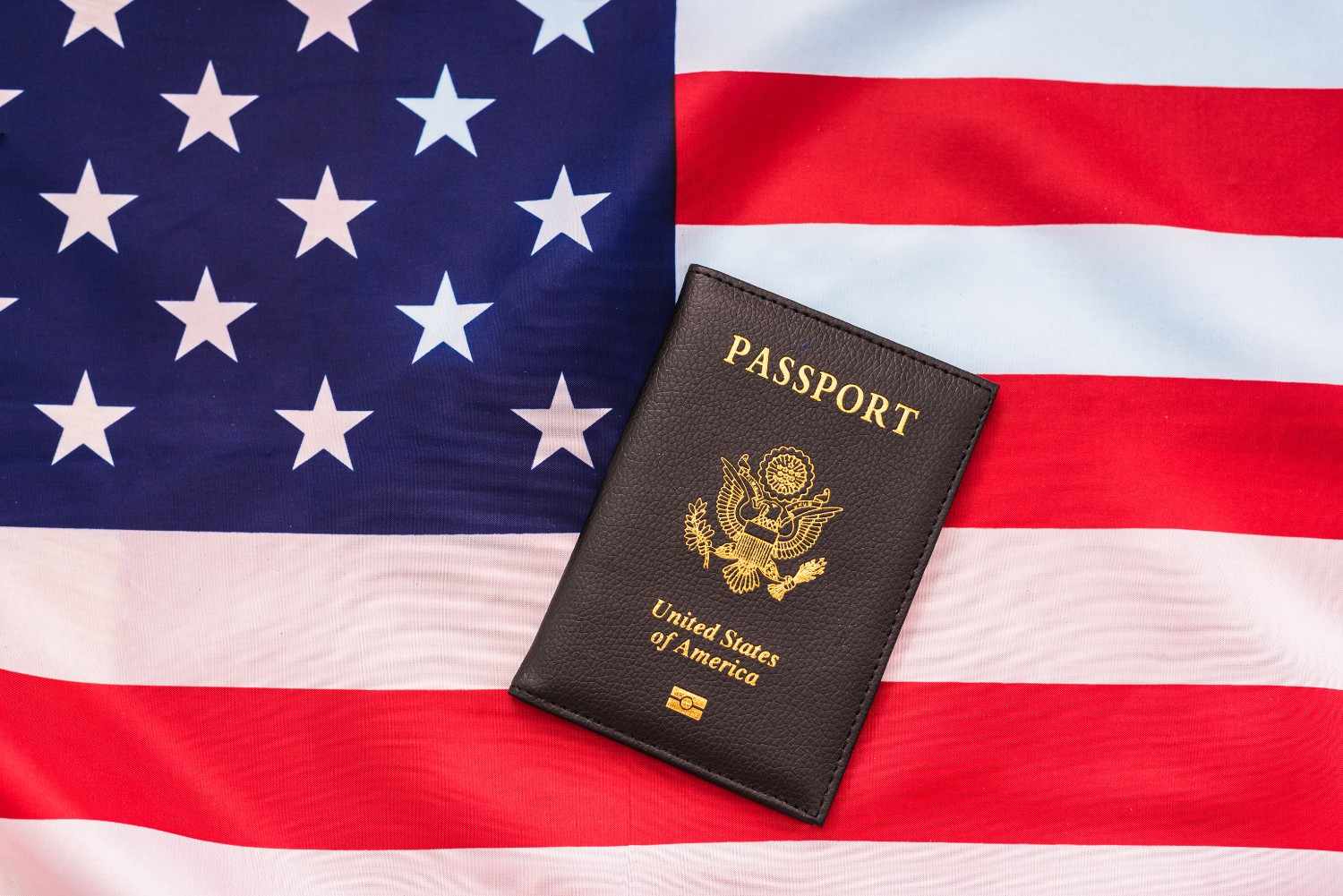Understanding the U.S. immigration system can be challenging, particularly for individuals facing visa refusals or inadmissibility findings. Recent legal proceedings have spotlighted systemic issues in how these cases are handled, particularly the lack of transparency and due process. If you’ve encountered unexplained visa denials or ambiguous consulate decisions, it’s essential to understand your rights and how to effectively respond. This article sheds light on what you can do and why legal representation can make all the difference.
Key Takeaways
- Many visa refusals are linked to alleged fraud findings—often without applicants being informed.
- A waiver approval does not erase the underlying inadmissibility—it merely postpones its effect.
- The government may argue that admission into the U.S. voids the case—but legal injury may still persist.
- Proper documentation and detailed declarations are critical to contest unjust findings.
- Working with an immigration attorney can significantly strengthen your case and protect your future opportunities.
Context
In recent years, numerous visa applicants—especially those connected to employment-based immigration programs—have faced abrupt refusals due to alleged fraud or misrepresentation. These actions often stem from undisclosed internal findings by agencies such as USCIS, CBP, or the Department of State. Historically, affected individuals have struggled to obtain clarity or challenge these decisions due to the opaque nature of consular processes and the legal concept of “non-reviewability.”
The Real Impact of Visa Refusals
Visa refusals can disrupt lives, careers, and families. Often, applicants receive a refusal without a clear explanation or opportunity to respond. A significant number of these cases involve findings of inadmissibility—most commonly under INA §212(a)(6)(C)(i) for alleged misrepresentation—triggered without proper notice or chance to contest.
A visa refusal is more than a temporary setback—it may signal a deeper legal issue that could affect your future U.S. immigration plans.
Understanding the Role of Waivers in Immigration
For individuals facing visa refusals due to findings of inadmissibility, consular or CBP-issued waivers can offer a pathway back into the United States. These waivers are often granted to allow temporary entry under specific conditions, serving as an interim solution that enables applicants to reunite with family, resume employment, or address urgent needs. However, it’s important to recognize that a waiver does not eliminate the underlying finding of inadmissibility.
This distinction matters. While the waiver allows for entry, the original grounds of inadmissibility remain on record, which can present challenges when applying for future immigration benefits—especially permanent residency. Therefore, while waivers provide short-term relief, they may necessitate additional legal steps to fully resolve long-term immigration goals.
Waivers serve as a bridge—not a destination. They help restore entry but may not remove barriers to future immigration milestones such as obtaining a green card.
How the Government Uses Legal Technicalities?
Recent court filings reveal the government often uses procedural defenses like lack of standing or subject matter jurisdiction to dismiss immigration litigation. This includes arguments that individuals inside the U.S. lack a “live claim” or that consular decisions are not reviewable in court, even when life-changing consequences are at stake.
The government often avoids addressing core issues by exploiting legal technicalities—another reason why strategic legal action is vital.
Documenting Your Case
If you’ve faced a visa refusal or were granted a waiver, documentation is key. You should preserve emails, consulate correspondence, 221(g) slips, and detailed notes from your visa interview. A thorough declaration outlining what was said at your interview can help your attorney challenge unjust findings.
Paper trails matter. Strong documentation can make or break your chances of overturning an inadmissibility decision.
Why Legal Help Is Crucial?
Immigration law is complex, and the stakes are high. A qualified attorney can identify procedural violations, draft compelling legal arguments, and advocate on your behalf in federal court. Without legal help, many individuals find themselves overwhelmed, misinformed, or permanently barred from U.S. immigration benefits.
The immigration process isn’t just bureaucratic—it’s deeply legal. Professional guidance can be the difference between success and permanent inadmissibility.
Conclusion
Facing a visa refusal or being labeled inadmissible can feel isolating and confusing. But you’re not alone—and you’re not without options. With the right support, documentation, and legal approach, it’s possible to challenge these actions and preserve your future in the U.S. Whether you’re seeking to reunite with family, continue your employment, or build a life in America, standing up for your rights is the first step forward.
Frequently Asked Questions
What does a visa refusal under INA §212(a)(6)(C)(i) mean?
It generally indicates that the government believes you misrepresented a material fact during the visa process, making you inadmissible to the U.S.
If I was granted a waiver, can I still apply for a green card?
Not necessarily. The waiver allows temporary entry but does not eliminate the inadmissibility finding, which must be addressed separately for permanent benefits.
Can I fight a visa refusal in court?
Yes, especially if due process was denied. Legal action may be possible, particularly if there’s evidence of procedural violations or insufficient notice.
Why didn’t the consulate tell me about a fraud finding?
Unfortunately, many fraud findings are made internally and shared only with other agencies, leaving applicants unaware. Legal discovery can help uncover these records.
Can I still work for my U.S. employer while abroad?
In some cases, yes. Demonstrating continued employment can strengthen your case and support your intent to return.
How soon should I talk to an immigration lawyer after a visa refusal?
Immediately. Timing is critical, especially if court deadlines are involved or future immigration applications may be affected.
Authors: Jonathan Wasden & Justin Rivera, Immigration Attorneys
How useful was this post?
Click on a star to rate it!









